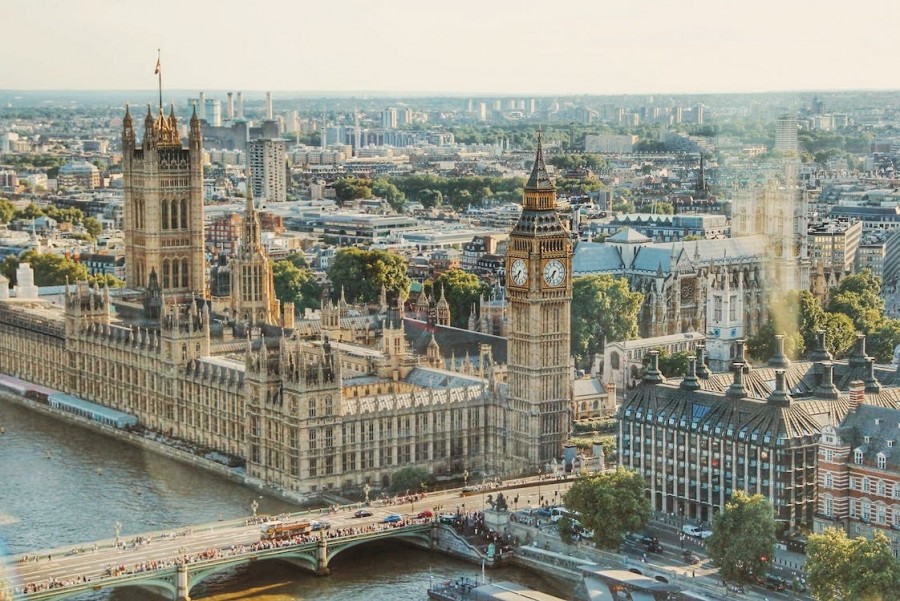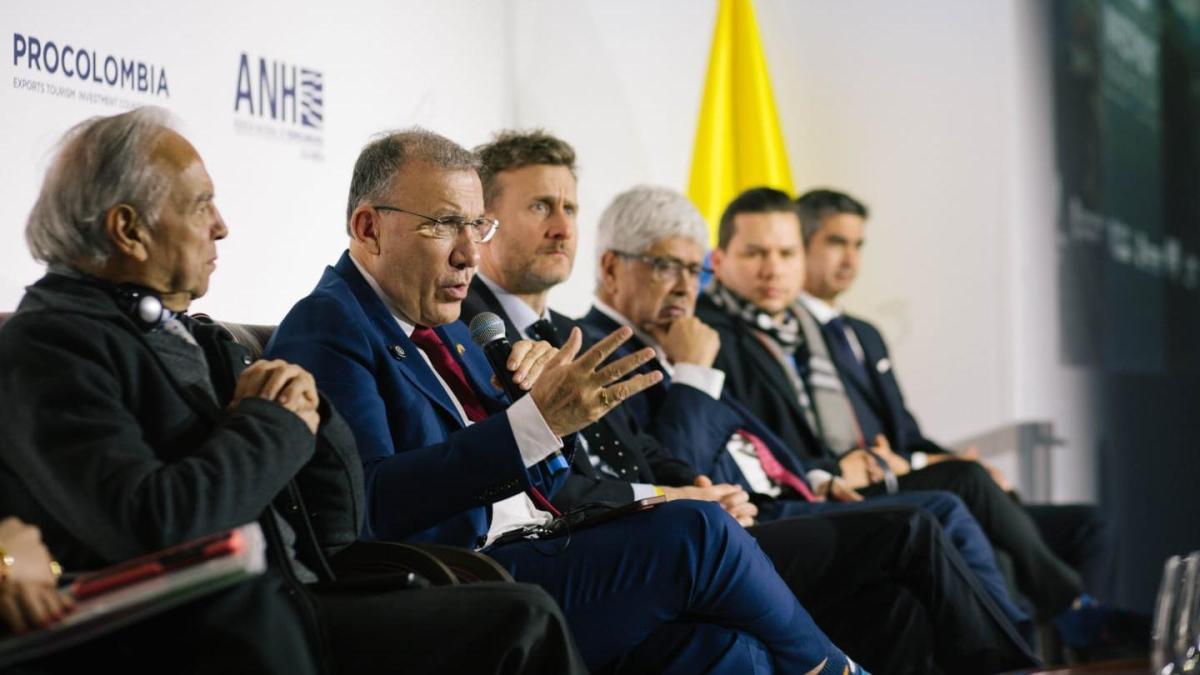Fifteen government departments have been monitoring critical citizens’ activity on social networks and compiling “secret files” to prevent them from speaking at public events, according to British newspaper The Observer.
Based on guidelines issued in respective departments, including those of health, culture, media and sports, environment, food and rural affairs, officials are advised to consult the Twitter, Facebook, Instagram and LinkedIn accounts of potential critical experts. They were also asked to do a Google search on those people, using specific terms such as “criticism of the government or prime minister”.
The guidelines are designed to prevent anyone who has criticized the government in the past three to five years from speaking at conferences and other events organized by the government.
In September, The Observer revealed how three early childhood education experts discovered that the Department for Education attempted to rescind their invitation to speak at a government-funded event because they were deemed critical of government policy. Since then, more education experts and school staff have discovered files of his critical social media posts kept by the department.
It is now clear that this practice is widespread throughout government and likely targets many people. The extent of the monitoring was discovered by human rights experts from the Leigh Day Law Firm and shared with the newspaper.
Tessa Gregory, a partner at Leigh Day, who brought legal action against the government on behalf of at least two experts, said: “This is likely to impact a lot of people, many of whom were unaware that public officials had confidential files” on them. “These practices are extremely dangerous.”
Gregory stated that these hidden checks were illegal, contrary to data protection laws and potentially in breach of equality and human rights laws.
Dan Kaszeta, a chemical weapons expert, was not invited in April to give a keynote speech at a British defense conference after officials discovered social media posts criticizing Conservative ministers and the government’s immigration policy.
Kaszeta told the Observer that he knows 12 other people who have found evidence of a similar government blacklist, most of whom are afraid to speak out. But he said many more people would not have known they had been the subject of an undercover investigation.
“This is very surprising and perhaps not yet fully known. I was fortunate to receive clear and concrete evidence. “It’s absolutely terrible,” he said.
Kaszeta hired Leigh Day to take the government to a review, leading to the disclosure of evidence about its surveillance policies and, ultimately, confirmation in August that 15 departments had withdrawn the guidance pending the Bureau’s Cabinet review. He received a public apology in July.
“I have no obligation to be impartial. I shouldn’t have done it either,” Kaszeta added. “Trying to assign a civil servant code to me because I will only speak in front of an audience with a handful of civil servants is wrong. “I am not a revolutionary Trotskyist.”
The Department for Environment, Food and Rural Affairs (DEFRA), Culture, Media and Sport (DCMS) and the Department for Business and Trade (DBC) stipulate that, in addition to searching on social networks, officials must carry out background checks on Google, and search terms useful ones would include “criticism of the government or prime minister”.
DCMS recommends looking at “a minimum of five to 10 pages of results” covering a period of three to five years. He explicitly told officials to keep files on the individuals, saying, “Please be sure to note this information for future reference.”
The Department for Education (DfE) has specific guidance for vetting speakers at kindergarten staff practice sites across England. This means that if someone has criticized the DfE or its policies in the early years, “engaging that person to speak… would not be appropriate”. If someone makes a positive comment on someone else’s negative post, that is also “inappropriate to say.”
DfE departmental guidance recommends a Google search on proposed external speakers going back five years, as well as checking social media. But in response to a freedom of information request from campaign group Privacy International last year, the DfE said three times that it “does not carry out monitoring, investigation or intelligence gathering on members of the public”.
Caroline Wilson Palow, legal director at Privacy International, who has been investigating government monitoring of social media for months, said: “If governments blacklist people for exercising their right to freedom of expression in a very valid way, then that is very dangerous. .
He added: “Making a concerted effort to seek out negative information in this way is targeted surveillance.”
Liberal Democrat Lord Wallace of Saltaire, West Yorkshire, who called a House of Lords debate into the government’s inquiry into social media after Kaszeta was blacklisted, said: “It is a terrible idea that “Only people who agree with you should participate in political discussions .”
He added that vetting experts is “the antithesis of diversity and inclusion” and “a waste of public officials’ time.”
Smita Jamdar, a partner at law firm Shakespeare Martineau, which has been advising universities against losing support to the government’s new “free speech czar” in higher education, said: “The double standard here is simply astonishing.”
A Cabinet Office spokesperson said: “As the public expects, civil service events must reflect the impartiality of civil servants,” and added: “The government is committed to protecting freedom of expression. “We are reviewing the guidance and temporarily withdrawing it to avoid misinterpretation of the regulations.”

“Entrepreneur. Internet fanatic. Certified zombie scholar. Friendly troublemaker. Bacon expert.”


:quality(85)/cloudfront-us-east-1.images.arcpublishing.com/infobae/AMRMWFE47ZGLRAZ2KNWCYXWBW4.jpg)




